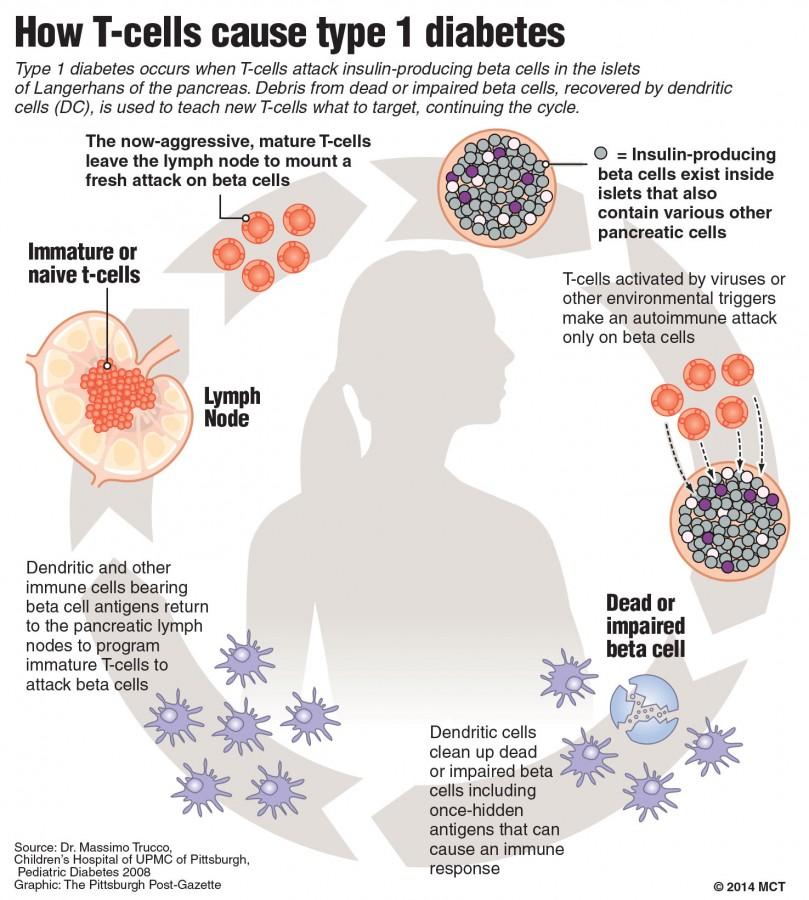Great promise for diabetes cure
A breakthrough technique that generates millions of insulin producing pancreatic beta cells is being hailed as a major step towards a diabetes cure.
For the millions of people with type 1 diabetes who are currently receiving insulin injections, this is wonderful news.
Research scientists at the Harvard Stem Institute at Harvard University, led by the Institute co-director Dr. Douglas A. Melton, have successfully utilized stem-cell technology to grow billions of insulin-secreting cells. The research demonstrated that these cells lowered glucose levels when transplanted into diabetic mice.
Stem cells have tremendous potential as a source to treat diabetes. According to the Diabetes Research Institute Foundation, stem cells can transform to have special functions that sense glucose and secrete insulin.
About 3 million Americans have type 1 diabetes, which is the type primarily targeted by stem cell research. Type 1 diabetes is an autoimmune disorder that destroys the cells in the pancreas that make insulin. Insulin normally runs in the bloodstream after a meal and allows the cells of the body to use the blood sugar for food. Without insulin, sugar stays in the blood stream where it can harm the blood vessels, kidneys, and retina. As a result, the cells that need the sugar starve.
Any potential cure for type 1 diabetes requires the lost insulin-producing cells of the pancreas to be replaced with cells from donated organs, which are in short supply. Therefore, scientists have been researching alternative methods to make replacement insulin-producing cells from human stem cells, which can easily grow in large quantities.
Senior Jacqueline Welday, whose cousin has type 1 diabetes, is hopeful for the possibility of a cure in the near future.
“[Diabetes] definitely affects the whole family,” said Welday. “The possibility of a cure is amazing. It would improve my cousin’s life so much and would increase the standard of life for all affected by diabetes.”
Over 20 years ago, Dr. Melton dedicated his career to searching for a cure when his son and daughter were diagnosed with type 1 diabetes.
“We are now just one pre-clinical step away from the finish line,” he said.

